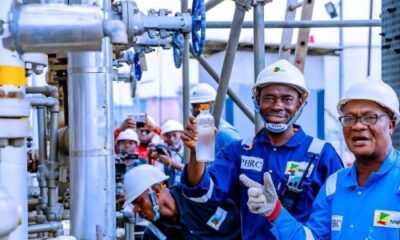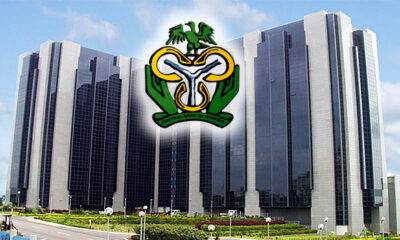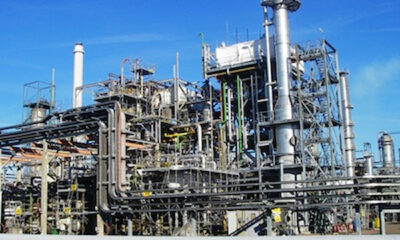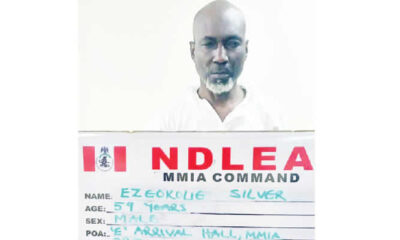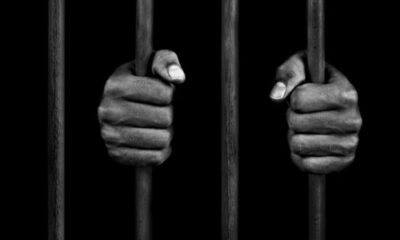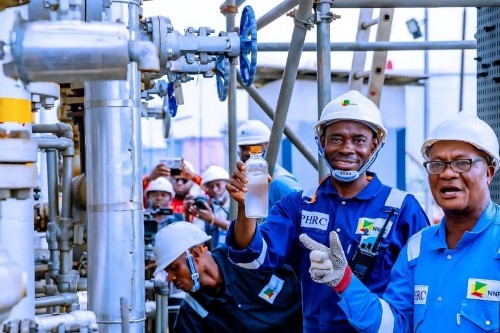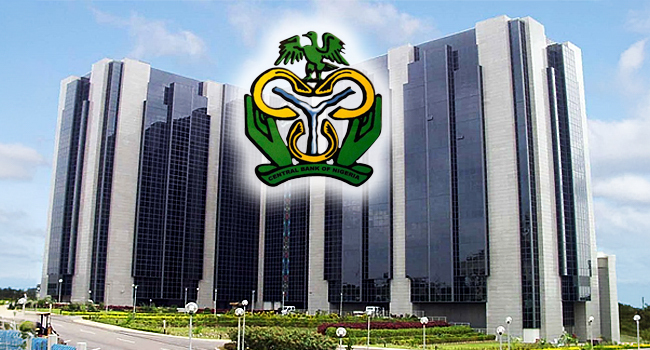In a bold effort to combat poverty, hunger, and hopelessness among vulnerable children, Flamestar Empowerment Initiative (FEI) is emerging as a transformative force in Nigeria’s social development landscape.
This dynamic non-governmental organization (NGO) is dedicated to creating sustainable, community-led solutions that inspire hope and provide opportunities for children and families.
Founded on the principle that no child’s future should be left to chance, Flamestar Empowerment Initiative focuses on breaking cycles of hardship, steering children away from crime and exploitation, and opening doors to education, mentorship, and personal growth.
At the core of its mission is education, which Flamestar Empowerment Initiative views as the foundation of empowerment. Through scholarships, school supplies, and feeding programs for underprivileged families, the NGO ensures that children who might otherwise be left behind gain access to quality learning opportunities.
The organization also ensures the attainment of sustainable development goals (SDGs) including Quality Education, No Poverty, Gender Equality and Zero Hunger for children and families.
A key focus of the organizations work is rescuing children from paths of exploitation. The NGO plans to save many young lives from child labor, trafficking, and abuse. These children will be provided with safe spaces to play, learn, and heal from trauma, as well as access to counseling and peer support groups to rebuild their confidence and envision brighter futures.
In addition to its grassroots efforts, Flamestar Empowerment Initiative will actively raise awareness about child exploitation and advocates for stronger child protection policies. By partnering with other NGOs and local authorities, the organization will be contributing to systemic changes that safeguard vulnerable populations.
However, it’s mission extends beyond individual children. The organization recognizes that breaking the cycle of poverty requires uplifting entire communities. By engaging parents, caregivers, and community leaders, it fosters sustainable, long-term development.
The NGO’s impact will be further amplified through strategic collaborations. By supporting smaller organizations with resources, training, and mentorship, Flamestar Empowerment Initiative creates a ripple effect, extending its reach to more communities and children in need.
Through this enablement initiative, dozens of smaller NGOs will be able to strengthen their capacity, ensuring that more children benefit from targeted interventions. As a result, countless children will now be able attend school, excel academically, and pursue their dreams while inspiring the next generation.
Looking ahead, Flamestar Empowerment Initiative plans to deepen its focus on sustainable development. Expanding educational initiatives and launching new empowerment programs in underserved communities are at the forefront of its vision.
As part of its initiative for 2024, Flamestar Empowerment Initiative is planning a charity drive tagged ‘December Charity Drive-“Feed Lagos1000”
Slatted for December 20, 2024, at Mende, Maryland, Lagos, Nigeria, the NGO plans to distribute food packages to 1,000 people, providing them with essentials for the month thus bringing a sense of relief and celebration during the festive season.
Emphasizing on the objective of Flamestar Empowerment Initiative, Ms. Tosin Lewis, Director of Communications, Flamestar Empowerment Initiative said: “A key focus of the NGO’s work is rescuing children from paths of exploitation. No doubt, Flamestar Empowerment Initiative has set itself to become a beacon of hope for countless children and families, breaking cycles of poverty, hunger, and crime while transforming lives and reshaping communities.



 BIG STORY2 days ago
BIG STORY2 days ago
 BIG STORY4 days ago
BIG STORY4 days ago
 BIG STORY3 days ago
BIG STORY3 days ago
 BIG STORY2 days ago
BIG STORY2 days ago
 BIG STORY4 days ago
BIG STORY4 days ago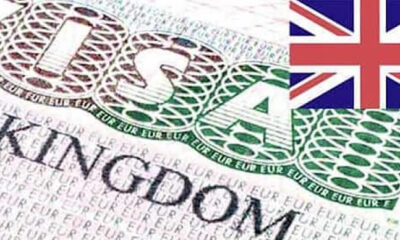
 BIG STORY4 days ago
BIG STORY4 days ago
 BIG STORY5 days ago
BIG STORY5 days ago
 BIG STORY4 days ago
BIG STORY4 days ago







